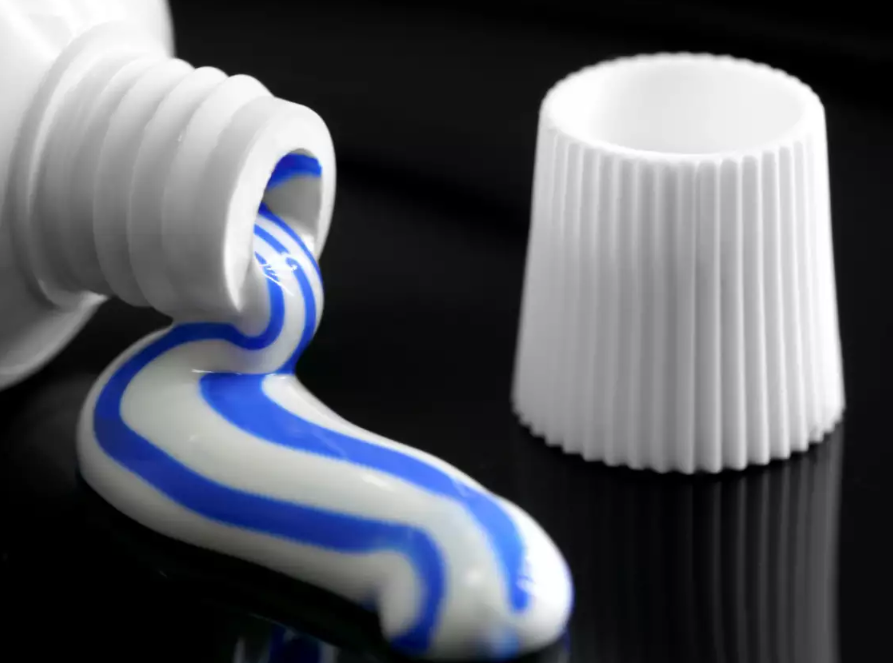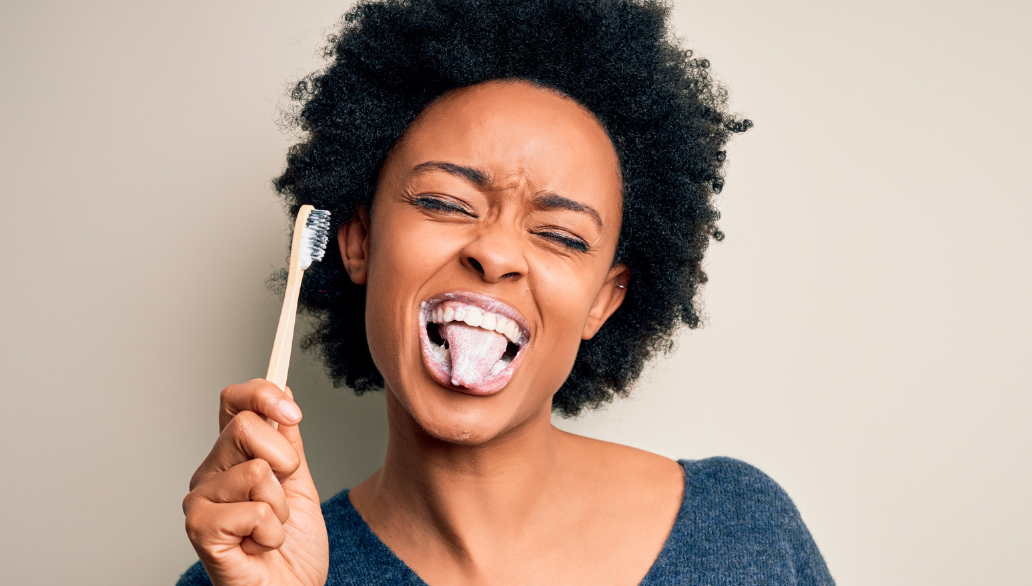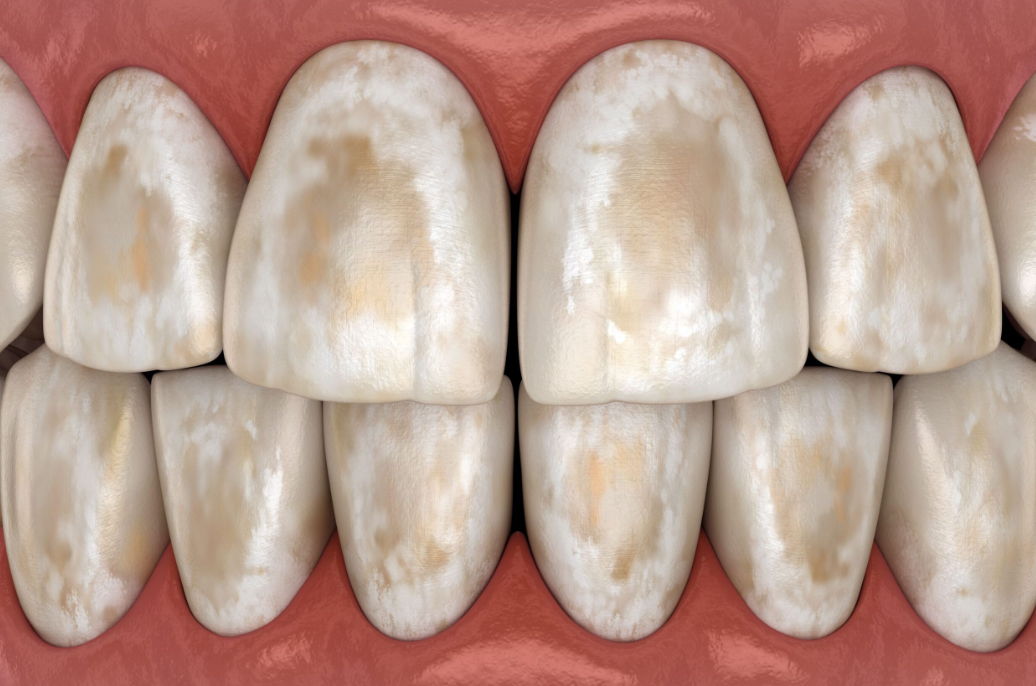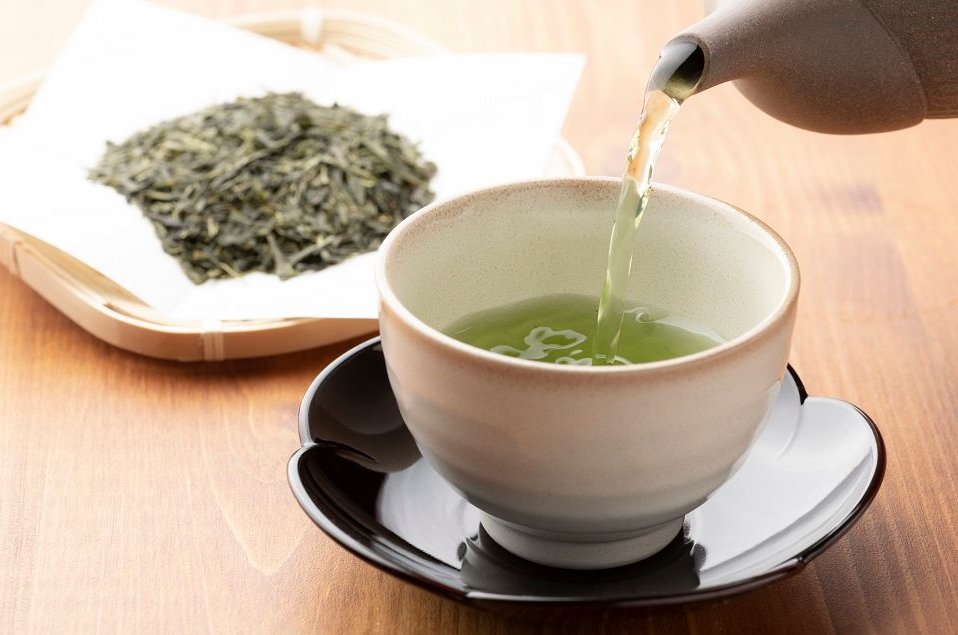Brushing teeth after meals or before bed is a common practice that helps remove food particles and bacteria, preventing plaque buildup and tooth decay. However, there is some confusion and debate about whether can I drink tea after brushing teeth or not.
The concern stems from the fact that tea contains tannins, which are acidic compounds that can weaken tooth enamel. When you brush your teeth, you leave a thin layer of toothpaste containing fluoride on your teeth, which helps strengthen the enamel and protect it from decay. Drinking tea immediately after brushing can wash away this fluoride, potentially negating the benefits of brushing.
To fully understand the impact of tea on oral health after brushing, let’s delve into the effects of tannins and fluoride on teeth.
Table of Contents
ToggleUnderstanding the Science Behind Brushing
Role of Toothpaste in Removing Plaque and Bacteria
Toothpaste plays a crucial role in removing plaque and bacteria from teeth, contributing to overall oral health. Its effectiveness stems from a combination of mechanical and chemical actions.
Mechanical Action:
The primary mechanical action of toothpaste involves the abrasives it contains, such as hydrated silica, calcium carbonate, or baking soda. These scrapers work in conjunction with toothbrush bristles to physically remove plaque and food debris from tooth surfaces. Abrasives are carefully formulated to be gentle on tooth enamel while effectively removing plaque.
Chemical Action:
While mechanical action is essential, toothpaste also contributes to plaque removal through chemical agents. Fluoride, a key ingredient in most toothpastes, helps strengthen tooth enamel and protect against cavities. It also inhibits bacterial growth and helps repair early enamel erosion.

Other ingredients, such as triclosan and essential oils, may also exhibit antibacterial properties, further reducing plaque bacteria. These chemical agents complement the mechanical action of brushing, providing a comprehensive approach to plaque removal.
Combined Effect:
The combination of mechanical and chemical actions makes toothpaste an effective tool for plaque removal. The abrasives physically lift plaque off the teeth, while the fluoride and other antibacterial agents inhib it bacterial growth and protect tooth enamel. Regular brushing with toothpaste is essential for maintaining good oral health and preventing dental problems.
Temporary Fluoride Coating
When you brush your teeth, you not only remove plaque and bacteria, but also leave behind a temporary fluoride coating. This fluoride-rich layer helps strengthen tooth enamel, making it more resistant to decay. The fluoride molecules in the varnish bond to the enamel, forming a protective barrier that can help prevent acids from demineralizing the teeth. This is especially important because the acid produced by bacteria in plaque is the main cause of tooth decay.
Science of Taste Buds:
Taste buds are tiny sensory organs located on the tongue and other parts of the mouth. They are responsible for detecting sweet, sour, salty, bitter, and umami flavors. When we brush our teeth, the mechanical action of the toothbrush can damage the tiny hairs on the taste buds, causing them to become temporarily less sensitive. This is why some people may experience a dull or muted sense of taste after brushing.

How Brushing Affects Taste Buds:
The temporary dullness in taste after brushing is caused by the disruption of the taste buds’ ability to detect sweet, sour, salty, bitter, and umami flavors. This disruption is usually short-lived, and taste buds typically regain their full sensitivity within a few hours.
Factors Influencing Taste Sensitivity:
The extent to which brushing affects taste sensitivity can vary depending on several factors, including:
- Brushing intensity: Using a toothbrush with too much force or brushing too vigorously can damage taste buds more severely.
- Fluoride toothpaste: Fluoride toothpaste can slightly numb taste buds due to its slightly alkaline pH.
- Individual sensitivity: Some people are naturally more sensitive to taste changes than others.
Overall Impact on Taste:
While brushing may temporarily dull taste sensitivity, it’s a small price to pay for the long-term benefits of good oral hygiene. By removing plaque and bacteria, brushing helps to prevent cavities, gum disease, and bad breath, which can ultimately enhance overall oral health and well-being.
Can I Drink Tea After Brushing Teeth?
Tannins in Tea
Tannins are a class of polyphenolic compounds that occur naturally in many plants, including tea leaves. They are responsible for the astringent taste and mouth-drying effect of tea. Tannins are also known for their ability to bind to proteins, forming complexes called tannin-protein adducts.
Binding of Tannins to Proteins
Tannins can bind to proteins in the mouth, including saliva proteins, salivary mucins, and the fluoride coating left on teeth after brushing. This binding can disrupt the structure of proteins, making them less functional. In the case of saliva proteins, tannin binding can reduce their ability to lubricate the mouth and protect the teeth from abrasion.
Impact on Fluoride Protection
The binding of tannins to the fluoride coating on teeth can potentially reduce the effectiveness of fluoride protection. When tannins bind to fluoride molecules, they can form complexes that are less likely to bond to tooth enamel. This can hinder the fluoride’s ability to strengthen enamel and protect it from acid demineralization.
Potential Impact on Brushing Effectiveness
Studies have shown that consuming tannin-rich beverages, such as tea, immediately after brushing can reduce the fluoride uptake by tooth enamel. This is because the tannins can compete with fluoride for binding sites on the enamel surface. The reduced fluoride uptake can potentially diminish the protective effects of fluoride, making the teeth more susceptible to decay.
Recommendations
Given the potential interactions between tannins and fluoride, it is generally recommended to wait for at least 30 minutes after brushing to drink tea. This will allow the fluoride coating to fully adhere to the tooth enamel and provide maximum protection against decay.
Acidity in Tea
The acidity level of tea can vary depending on the type of tea and the brewing method. Broadly speaking, black tea is generally considered the most acidic type of tea, with a pH range of 4.9 to 5.5. Green tea is slightly less acidic, with a pH range of 7 to 10. Herbal teas are typically the least acidic, with a pH range of 6 to 7.
- Black Tea: Black tea undergoes a process of oxidation, which increases its acidity. The darker the roast of the tea leaves, the higher the acidity will be.
- Green Tea: Green tea is not oxidized, which preserves some of its natural polyphenols. These polyphenols can help to counteract the acidity of the tea.
- Herbal Teas: Herbal teas are made from a variety of herbs, flowers, and spices. They do not contain caffeine or tannins, which are the main contributors to acidity in tea.
Erosion of Tooth Enamel
Highly acidic foods and beverages can erode tooth enamel, the hard outer layer of the tooth that protects it from decay. When enamel is eroded, it becomes thinner and more susceptible to decay, cavities, and sensitivity.

- Tannins: Tannins in tea can bind to saliva proteins and salivary mucins, which can reduce their ability to protect the teeth from acid erosion.
- Low pH: The low pH of acidic tea can directly dissolve minerals in tooth enamel, leading to erosion.
The Impact of Acidic Tea on Teeth After Brushing
After brushing, a fluoride-rich layer is left on the teeth to help strengthen enamel and prevent decay. When acidic tea is consumed immediately after brushing, it can wash away this fluoride coating, potentially negating the benefits of brushing. This is because tannins can bind to fluoride molecules, forming complexes that are less likely to bind to tooth enamel.
Moderation and Choosing Less Acidic Teas
While tea can be a healthy beverage, it’s important to consume it in moderation to minimize its potential impact on oral health. Drinking tea too frequently or consuming large quantities can increase the risk of tooth erosion. Additionally, choosing less acidic teas, such as herbal teas, can further reduce the risk.
By following these recommendations, you can enjoy tea without compromising your oral health.
READ: Do Green Tea Shots Get You Drunk?
Weighing the Benefits and Drawbacks
Potential Health Benefits of Tea

Tea is known for its abundance of antioxidants, which are compounds that help protect cells from damage caused by free radicals. Free radicals are unstable molecules that can contribute to aging and the development of chronic diseases. The antioxidants found in tea, such as polyphenols, catechins, and theaflavins, have been linked to a variety of health benefits, including:
- Reduced risk of heart disease: Tea consumption may help lower LDL (“bad”) cholesterol and blood pressure, both of which are risk factors for heart disease.
- Lower risk of cancer: Studies have shown that tea consumption may be associated with a reduced risk of certain types of cancer, including lung, stomach, and colorectal cancer.
- Improved cognitive function: Tea may help improve alertness, memory, and focus.
- Boosted immune system: Tea’s antioxidants may help strengthen the immune system and protect against infections.
Hydration
Tea is a good source of hydration, contributing to overall body function and well-being. It is a refreshing beverage that can help replenish fluids lost through sweating, urination, and other bodily processes.
Cultural and Social Significance of Tea Drinking
Tea drinking has deep roots in many cultures around the world. It’s often a social ritual, a way to connect with friends and family and relax and unwind. In some cultures, tea ceremonies are elaborate and traditional, with specific etiquette and procedures for preparing and serving tea.
Drinking tea has a long history, dating back thousands of years in China. The Chinese emperor Shen Ning is believed to have discovered tea in 2737 BC by boiling water over wild tea leaves. Tea quickly became popular in China and spread to other parts of the world, including Japan, India and Europe.
Today, tea is the second most consumed beverage in the world after water. It is enjoyed by people of all cultures and backgrounds. Drinking tea is a simple yet enjoyable way to connect with others, relax, and experience the many health benefits of this delicious beverage.
Potential Negative Effects of Tannins and Acidity on Oral Health
Tannins and acidity are two substances found in tea that can potentially have negative effects on oral health, especially after brushing.
Tannins are a type of polyphenolic compound that give tea its astringent taste. They can bind to proteins in the mouth, including saliva proteins and the fluoride coating left on teeth after brushing. This can interfere with the protective effects of saliva and fluoride, making the teeth more susceptible to erosion and decay.
Acidity is another factor that can contribute to tooth erosion. Tea is acidic, and the acidity can dissolve the minerals in tooth enamel, leading to erosion. This is especially true for black tea, which is the most acidic type of tea.
Suggested Article: Does Chai Tea Make You Sleepy?
Impact on Oral Health After Brushing
After brushing, a fluoride-rich layer is left on the teeth to help strengthen enamel and prevent decay. If you drink tea immediately after brushing, the tannins in the tea can bind to the fluoride coating and wash it away. This can negate the benefits of brushing and make your teeth more susceptible to decay.
Individual Factors
The risk of tooth erosion from tea is increased for people who:
- Have sensitive teeth
- Drink a lot of tea
- Consume tea frequently
- Do not brush their teeth regularly
- Have a diet that is high in acidic foods and beverages
READ: Why Does Tea Make Me Nauseous?
Recommendations and Alternatives
Timing:
- Wait at least 30 minutes after brushing to drink tea: This will allow the fluoride coating on your teeth to fully adhere and provide maximum protection against decay.
- Consider rinsing with water after brushing: Rinsing your mouth with water can help to remove any residual food particles or bacteria and can slightly reduce the acidity of your mouth.
- Drink milk after brushing: The calcium and phosphate in milk can help to strengthen tooth enamel and protect against erosion.
Tea Choice:
- Choose less acidic teas: Black tea is the most acidic type of tea, followed by green tea and herbal teas. Herbal teas are generally considered the least acidic and have a lower tannin content.
- Dilute tea with water: Diluting your tea with water can help to reduce its acidity and tannin content.
- Add milk to tea: The calcium and phosphate in milk can help to neutralize the acidity of the tea.
Oral Hygiene Practices:
- Brush your teeth twice a day for two minutes each time: Use a soft-bristled toothbrush and fluoride toothpaste.
- Floss once a day: Flossing removes plaque from between your teeth, where brushing cannot reach.
- See your dentist for regular checkups: Your dentist can check your teeth for signs of erosion and provide personalized advice on tea consumption and oral hygiene.
Conclusion
Enjoying a cup of tea after brushing may not be the best idea as both the tannins and acidity in tea can interfere with fluoride’s effectiveness and increase the risk of tooth erosion. To minimize these effects, consider waiting at least 30 minutes after brushing before indulging in your favorite tea. If you crave a warm beverage right after brushing, consider rinsing with water or opting for milk, which can help neutralize acidity and strengthen tooth enamel.
Remember, consistency is key when it comes to oral hygiene, so maintain your regular brushing and flossing routine alongside enjoying your tea in moderation.
RECOMMENDED ARTICLES
Resources & References
- Improving Oral Health One Tea at a Time: https://www.todaysrdh.com/teatime-for-a-healthy-smile-the-oral-health-benefits-of-green-tea/
- Effects of Coffee and Tea on Teeth: https://progressiveeradental.com.au/blog/coffee-and-tea-on-teeth/
- Green Tea: A boon for periodontal and general health: https://www.ncbi.nlm.nih.gov/pmc/articles/PMC3459493/
- Is Tea Bad for Your Teeth?: https://willowsdentistry.co.uk/is-tea-bad-for-your-teeth/
- Tea & Oral Health: https://dentistrynaperville.com/
- American Dental Association: https://www.mouthhealthy.org/
- National Institute of Dental and Craniofacial Research: https://www.nidcr.nih.gov/
